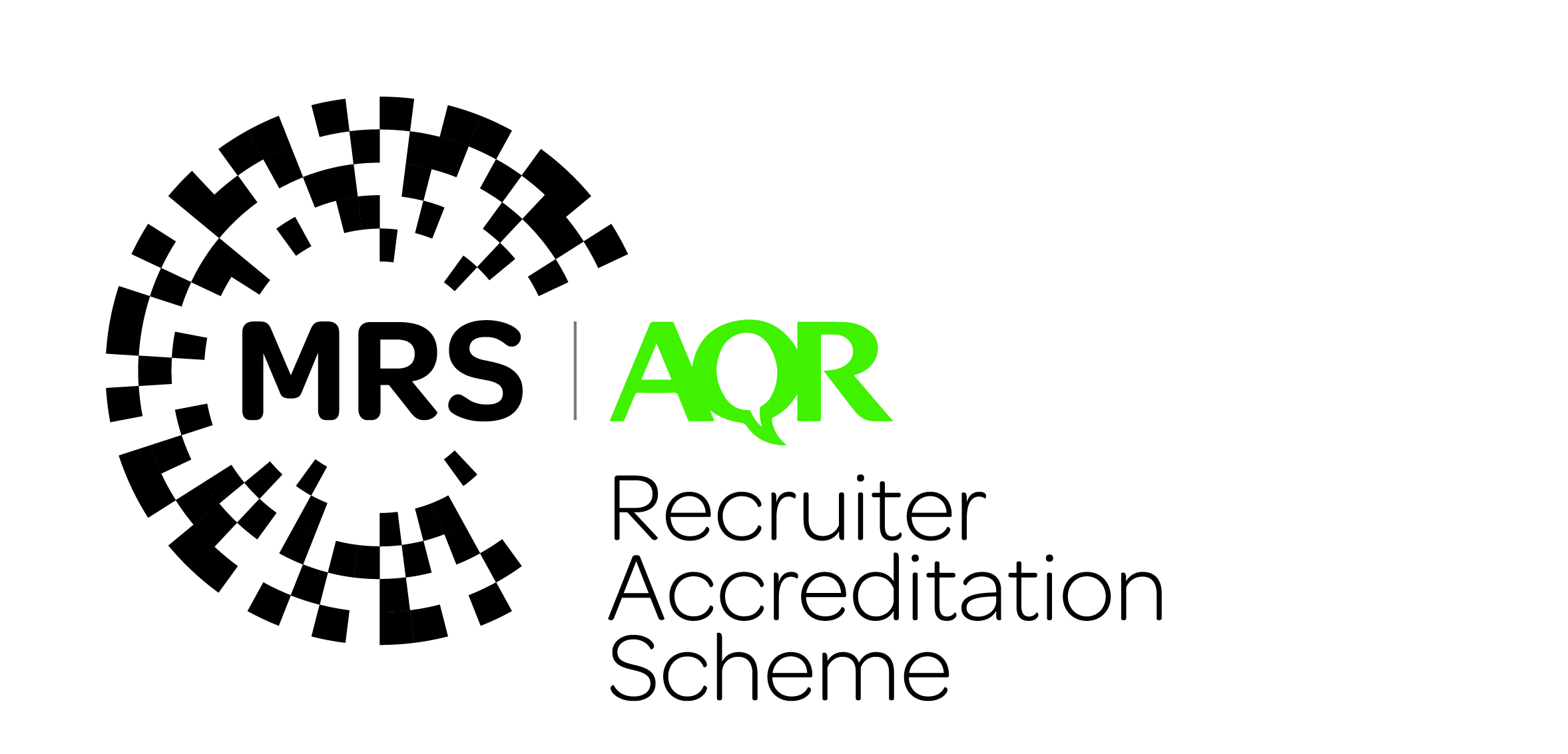All MRS websites use cookies to help us improve our services. Any data collected is anonymised. If you continue using this site without accepting cookies you may experience some performance issues. Read about our cookies here.
You are currently not logged in. Any progress made will be lost.
MRS guidance on recruiting and collecting inclusive data
There is no one size fits all question and response approach to collecting inclusive data. There are a wide variety of ways, and it can be a challenge to get it right without also confusing participants. There are, however, some core considerations for any data collection or recruitment undertaken:
Use plain language: avoid acronyms and jargon because they may not always translate the same for all participants. Using plain language will help your message be easily understood by the broader audience. Idioms, jargon, and acronyms can exclude a person who may not have specialised knowledge and that can impede effective communication.
Avoid clichés or colloquialisms: some terms may be specific to any geography, profession, culture etc. and as such they may alienate or even offend people if the words or phrases do not translate with the same meaning.
Avoid perpetuating stereotypes or biases: avoid making assumptions regarding personal characteristics such as gender and ethnicity, for example:
- In quantitative surveys use gender-neutral pronouns (they/them/person/people) when talking about people and participants to avoid associating them with a gender that they might not associate with.
- For qualitative research ask how individuals prefer to be addressed/how they prefer to describe themselves
- Using they/them and asking a person their preference is best practice in general, not just in research
Make presentations/research more accessible: when communicating technical or complex information, particularly in presentations/research data collection, use translations and/or subtitles where possible to make it easier to understand what is expected
Avoid using the word “diverse” to describe a person or people: a single person or participant cannot be diverse. Referring to a person as “diverse” is increasingly used as code for people who belong to groups considered non-dominant which in turn makes them an ‘other’.
The classification “Other” in isolation should not be used in general: include an option to self-define, e.g., ‘other gender identity…’
Avoid inferences and enable self-identification: It is always a good idea to find out how people prefer to describe themselves and use those terms, rather than making assumptions.


